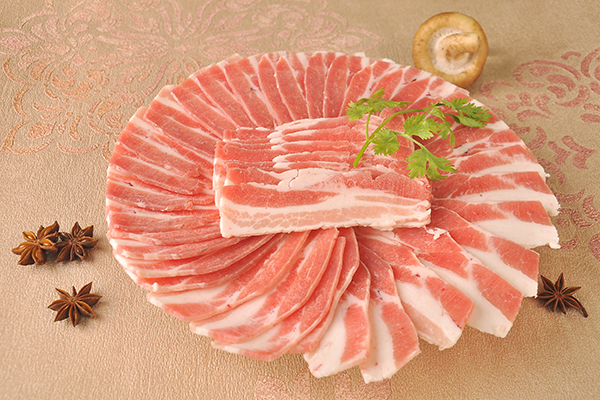Identification of animal-derived ingredients Identification of animal-derived ingredients refers to the detection and identification of the food, cosmetics, and feed sheep, swine, poultry, fish and other animal-derived ingredients. It is an effective means to identify adulterated goods and prevent the spread of mad cow disease. Mad cow disease, called "bovine spongiform encephalopathy", is the progressive central nervous system lesion occurred to cow. The symptoms are similar to scrapie, and it is commonly known as "mad cow disease." As early as in 1981, the British cattle feed processing was allow use animal organs and flesh of sheep and other cattle as feed, so the abnormal prion proteins get into the body of cattle and sheep, resulting in the occurrence of mad cow disease. The EU and the United States prohibited adding ruminant protein in ruminant feed in 1994 and 1997. In 1992, China AQSIQ and the Ministry of Agriculture jointly issued a notice prohibiting importing ruminant animal feed and other animal products from BSE occurring Regions, and requiring that cattle, sheep source component testing must be carried out for other non-ruminant animal feed allowed to be imported. Therefore, the detection of animal-derived ingredients has become an important means to prevent mad cow disease going into China so as to ensure food security at present. Jieke detection uses real-time PCR detection technology to identify the meat ingredients and determine its authenticity, which enjoys the characteristics as high specificity, targeted, high sensitivity, simple and rapid. Currently we can offer you the following meat inspection services:
|



